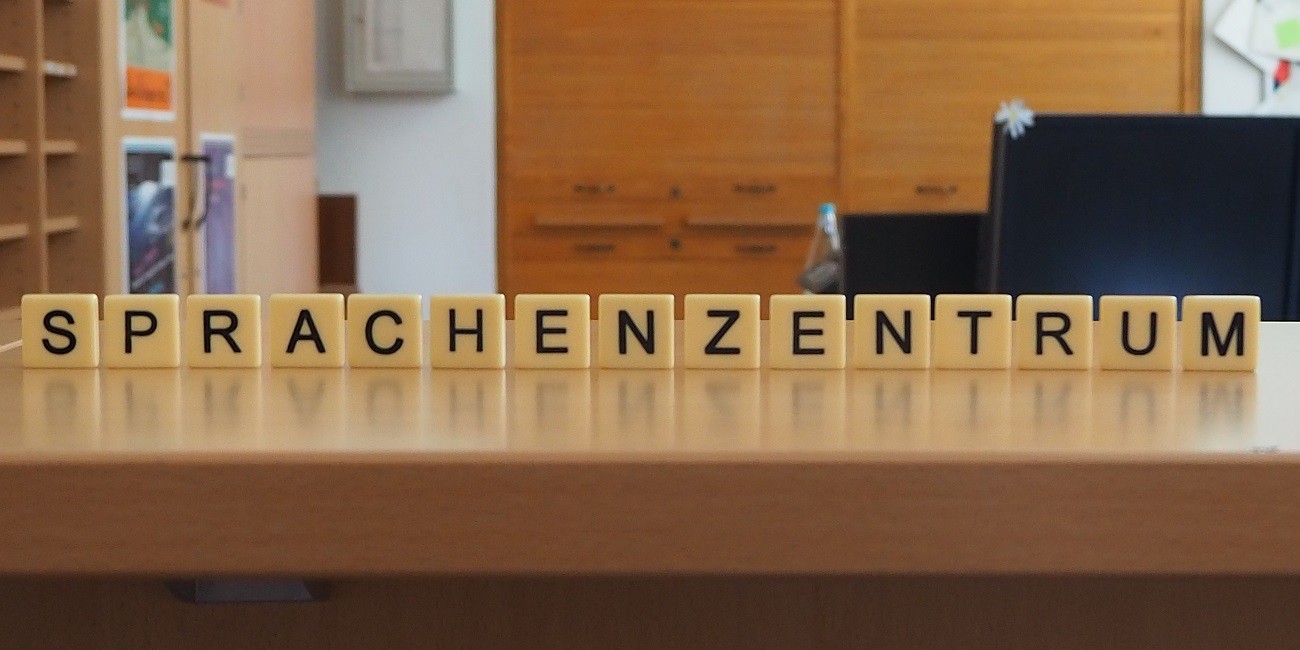Listening:
The student understands demanding texts in authentic oral contexts on general or field-specific subject areas even when these texts are not clearly structured and when relationships are only implied and not signalled. The student understands telecasts and movies/films and can follow lectures without too much effort.
Speaking:
The student speaks fluently, can present subject areas within a chosen field of study and can clearly express personal opinions on the respective subject matter. The student makes use of complex grammatical structures successfully and has a wide range of general and field-specific vocabulary. The student is familiar with the idiomatic expressions required to successfully study abroad. The student is able to give presentations and explain figures, diagrams and tables.
Reading:
The student understands long and complex authentic texts and, through careful reading, can understand any hidden pieces of information implied or clearly expressed. The student understands texts within a chosen field of study and is familiar with the required specialist vocabulary. The student can work with all types of text relevant for studying abroad.
Writing:
The student can write coherent, correct and well-structured texts on general or field-specific subject areas while detailing personal viewpoints at length in a confident, personally relevant way which is tailored to the given audience.

